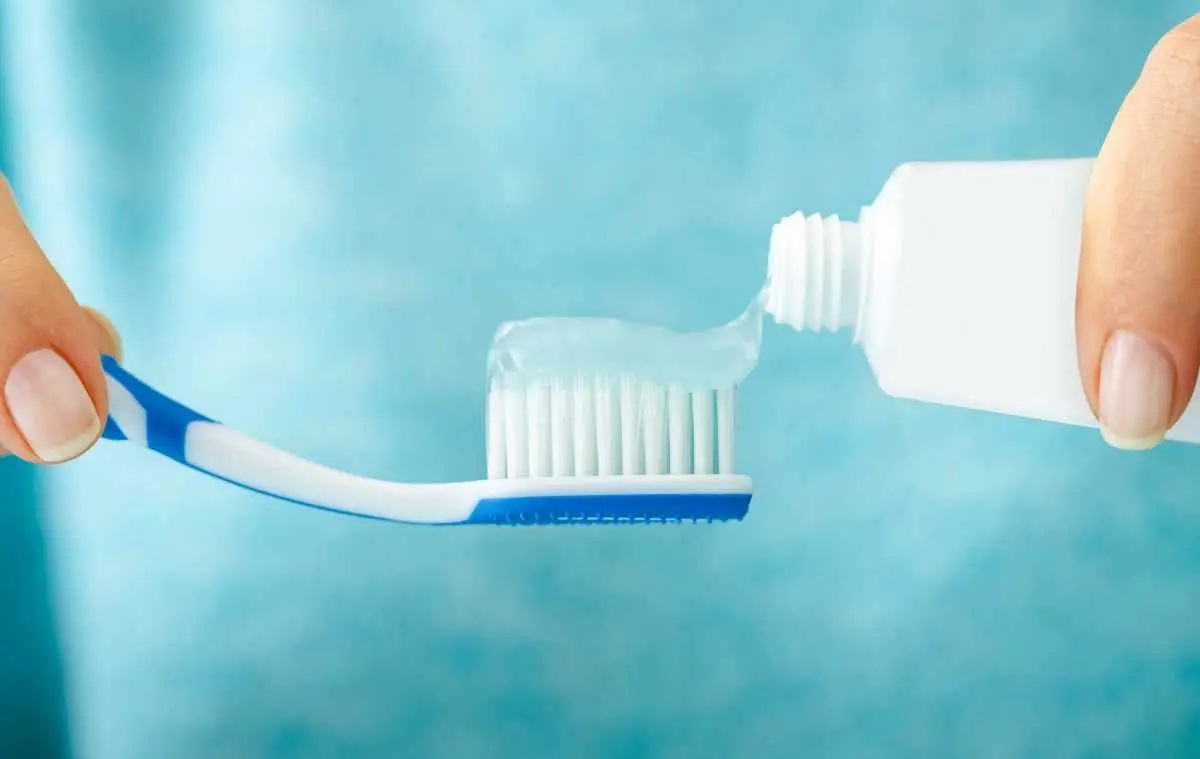When it comes to oral hygiene, most of us know that brushing twice a day is essential. But what about brush your teeth 6 times a day? Does more brushing equal better dental health, or could it actually harm your teeth?
This question has sparked curiosity, and while maintaining a bright smile is important, overdoing it might have unintended consequences. In this article, we’ll explore whether brushing your teeth 6 times a day is necessary, its potential effects on your oral health, and the best practices for keeping your teeth and gums healthy.
Let’s find out the truth behind this common query!
Table of Contents
- Why Do People Consider Brushing 6 Times a Day?
- Common Reasons for Overbrushing
- What Happens When You Brush Your Teeth 6 Times a Day?
- How many times should you brush your teeth daily?
- Best Practices for Brushing Your Teeth
- Conclusion
- FAQs
Why Do People Consider Brushing 6 Times a Day?
The idea of brushing your teeth six times a day often stems from a desire to maintain exceptionally clean teeth and fresh breath. Some individuals may believe that frequent brushing can remove plaque more effectively or eliminate food particles after every meal.
Others might think it helps prevent bad breath, especially after consuming pungent foods like garlic or onions. While the intention behind frequent brushing may be good, it’s important to weigh the potential benefits against the risks.
Common Reasons for Overbrushing

Fear of Developing Cavities
The fear of cavities often drives people to overbrush, thinking that more brushing will eliminate plaque completely. While plaque removal is essential, brushing too often can damage enamel, the very layer that protects teeth from decay. Proper oral hygiene involves brushing twice daily with fluoride toothpaste and flossing to target hard-to-reach areas. Moderation, rather than frequency, is key to preventing dental problems.
Desire for Whiter Teeth
Many overbrush in hopes of achieving a brighter smile, mistakenly believing that more scrubbing will remove stains and whiten teeth. However, enamel erosion from excessive brushing can expose the dentin underneath, which is yellowish in color. This counteracts the goal of a whiter smile and can lead to sensitivity. Teeth whitening is better achieved through safe dental products or professional treatments. Brushing gently with the right technique is more effective for maintaining a clean and healthy appearance.
Concerns About Bad Breath
Bad breath, or halitosis, often prompts people to brush more frequently, especially after meals or snacks. However, bad breath is not always solved by brushing alone; it can stem from poor flossing habits, gum disease, or even digestive issues. Overbrushing can irritate gums and cause them to recede, exacerbating oral health problems. Using mouthwash and drinking water throughout the day are better solutions for fresh breath without harming teeth.
Orthodontic Care or Dental Work
People with braces, retainers, or other dental appliances often worry about food particles and plaque buildup, leading them to brush excessively. While it’s important to clean thoroughly, overbrushing can wear down the enamel around brackets and wires, making teeth more vulnerable to decay. Specialized tools like interdental brushes and water flossers are safer alternatives for maintaining cleanliness. Following the advice of your orthodontist ensures proper care without causing damage.
Misconceptions About “Extra Clean” Teeth
Some believe that brushing multiple times a day is the secret to achieving perfectly clean teeth. However, this approach can backfire by damaging enamel and irritating gums.
Dental health isn’t about how often you brush but how effectively you do it. Proper technique, along with a soft-bristled toothbrush and fluoride toothpaste, is sufficient to maintain oral hygiene. Overbrushing often leads to more harm than good, compromising the very goal of cleanliness.
What Happens When You Brush Your Teeth 6 Times a Day?
Brush your teeth 6 times a day can do more harm than good, even if the intention is to maintain excellent oral hygiene. Frequent brushing can wear down the enamel, which is the protective outer layer of your teeth, leading to sensitivity and an increased risk of cavities.
Overbrushing may also irritate your gums, causing them to recede and expose the roots of your teeth, which are more vulnerable to decay. Additionally, excessive brushing can create abrasions on your teeth, especially if you’re using a hard-bristled toothbrush or applying too much pressure.
Instead of improving your oral health, brushing this often can compromise it, making it essential to stick to the recommended twice-daily routine for optimal results.
How many times should you brush your teeth daily?
Professionals recommend brushing your teeth twice a day. Brushing in the morning removes plaque and bacteria that build up overnight, while brushing before bed cleans away food particles and plaque accumulated throughout the day.
This routine is sufficient to maintain healthy teeth and gums, as it disrupts the development of plaque and prevents tooth decay and gum disease. Brushing more than three times a day can lead to enamel erosion and gum irritation, so it’s best to focus on proper technique and consistency rather than excessive brushing.
Brushing more than this, especially excessively, can lead to enamel erosion and gum irritation. The key is not how often you brush, but how well you do it. Use a soft-bristled toothbrush, fluoride toothpaste, and proper technique to ensure a thorough yet gentle clean. Alongside brushing, flossing and using mouthwash can help keep your teeth and gums healthy without overdoing it.
Best Practices for Brushing Your Teeth
Brushing your teeth effectively is about quality, not quantity. Dentists recommend brushing twice a day – once in the morning to remove overnight plaque buildup and once before bed to clear food particles and bacteria accumulated throughout the day.
Use a soft-bristled toothbrush to avoid damaging your enamel and gums, and pair it with fluoride toothpaste to strengthen teeth and prevent cavities. Don’t forget to brush your tongue, as it harbors bacteria that can cause bad breath.
In addition to brushing, adopt complementary oral hygiene practices for optimal results. Floss daily to remove food debris and plaque from between your teeth where a toothbrush cannot reach. Use an antimicrobial or fluoride mouthwash to kill bacteria and freshen your breath.
Finally, schedule regular dental check-ups and professional cleanings every six months to monitor and maintain your oral health. These practices, when combined, ensure a clean, healthy smile without the risks of overbrushing.
Conclusion
Should you brush your teeth 6 times a day? The short answer is no, unless specifically advised by your dentist for medical reasons. Overbrushing can lead to more harm than good, including enamel erosion, gum recession, and sensitivity. Instead, focus on brushing twice daily with proper technique and supplementing your routine with flossing and mouthwash.
By doing so, you’ll maintain healthy teeth and gums without risking damage. Remember, oral hygiene is about balance—more isn’t always better when it comes to brushing.
FAQs
Is brushing your teeth 6 times a day harmful?
Yes, brushing your teeth 6 times a day can damage enamel, irritate gums, and lead to issues like sensitivity and gum recession. Overbrushing causes more harm than good for oral health.
How many times should brush your teeth daily?
Dental experts advise brushing your teeth twice a day—once in the morning to remove overnight bacteria and once at night to clean away food particles and plaque. This routine is effective for maintaining healthy teeth and gums.
Can overbrushing cause tooth sensitivity?
Absolutely. Overbrushing wears down enamel and exposes sensitive areas of teeth, leading to pain or discomfort when consuming hot, cold, or acidic foods and drinks.

